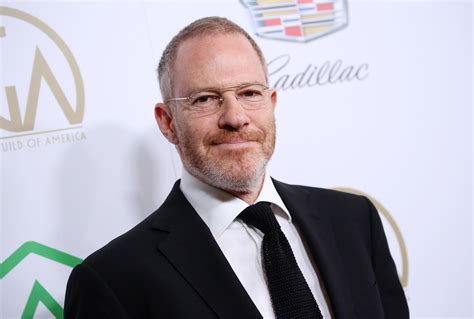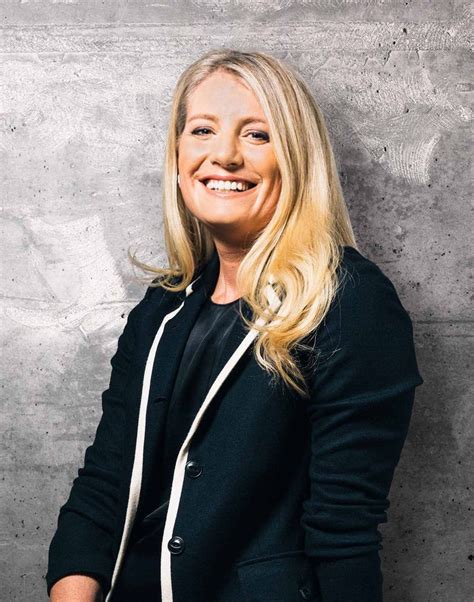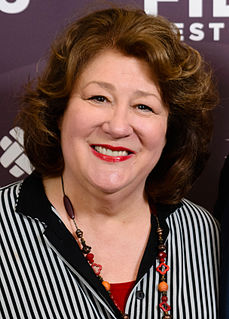A Quote by Toby Emmerich
We never had a giant library or owned a lot of commercial characters the way most studios did. And since we didn't have a lot of internal resources, we had to find ways to be inventive and resourceful, which I think is a healthy way to run a good business.
Related Quotes
A lot of people want to be an entrepreneur, so it's important to know that there's a lot of ways to be an entrepreneur. One of the ways is to go about and start your own business. There are also ways that you can gain experience in the context of a larger business, like raising your hand to helm a new office. As you are gaining your skills to run your own business successfully, the first way is to think about how you can do so based on where you already are.
I had a library of maybe 1,000 books in my room in Buenos Aires. I did have the sense that everything there was organised in the right way. You'll probably think I needed serious psychiatric treatment, but there were times when I would not buy a book because I knew it wouldn't fit one of the categories into which I had divided the library.
I saw that we needed to grow but our top line wasn't growing, so we had to find other ways to grow the business. We had to reshape our business and acquire share in a non conventional way. But most tech leaders don't come out of a business background. They really have a parochial point of view. All they know are the go-go years of Silicon Valley. That's the environment in which they were raised.
I think bringing depth to characters means really needing to find out who this girl is, what is she passionate about, what makes her tick, what gets her going in life. So I did a lot of backstory for who she was and sometimes it comes across screen and sometimes it doesn't. You never know, because you're not the director, but you can only do your work and hope that it somehow subtly is infiltrated in that. But I think the characters I've played for the most part have depth, just not in the way that you think they do.
The reality is that the founding fathers were land speculators. The fact was that you couldn't vote in this country if you did not own land, and that was basically you had to be a white man who owned land. Now how did they get that land? They basically had to steal it from someone, and that would be probably the Indians. And so most of the initial founding fathers were, while they may have had some really nice ideas about democracy, they had a lot of issues with people of color. They had a lot of issues with people who held things that they coveted.
In the '60s and '70s it was a great period for American films because studios were still run by individuals who worked off the seat of their pants and went along with things. At that time, they were very uncertain about what to make because of the influence of television. A lot of really terrific movies were made. But then the studios gradually became more corporate and were owned by corporations and run in that way and now they're very nervous. You see what they make - sequels, franchises and try not to take risks.
When I started dating I had this kind of Romeo and Juliet, fateful, romantic idea about love. It was almost that you were a victim - that there was a lot of pain involved and that was how it should be. Shakespeare said the course of true love never did run smooth and I had a sense it had to be painful. It was such a revelation to realise it shouldn't be that way and you get to choose who you love and who you give your heart to.
I did a lot of commercials starting in about '75, yeah. Well, not 'a lot'; I never was a big old commercial gal, but I made a good living. I didn't immediately make 'a living' at commercials; the first year I made maybe a living was about '80. I had a great year in '85. I had a nice little supplement.
Over the years, I've had fairly benign record companies who gave me a lot of rope, but in spite of that, there's still restrictions and expectations. It's nice to be at the cottage-industry size, which I think is kind of the business model of the age anyway. It's the way to be. The Internet makes a lot of that possible. Having a loyal fan base is also very useful to keep me operating; people can find your website, and the venues that you're playing at, the merchandise you have for sale, all that kind of stuff. It's great to be able to reach the audience in a more direct way.
I read a lot - surveys of vernacular music. A lot of it is the Harry Smith Anthology of American Folk Music, which I've loved since I was in high school. They had it at the library and I always thought that was interesting, even when I was into punk and stuff. Just the history of storytelling and the amount of melancholy a lot of old music has.
In the final exam in the Chaucer course we were asked why he used certain verbal devices, certain adjectives, why he had certain characters behave in certain ways. And I wrote, 'I don't think Chaucer had any idea why he did any of these things. That isn't the way people write.' I believe this as strongly now as I did then. Most of what is best in writing isn't done deliberately.




































